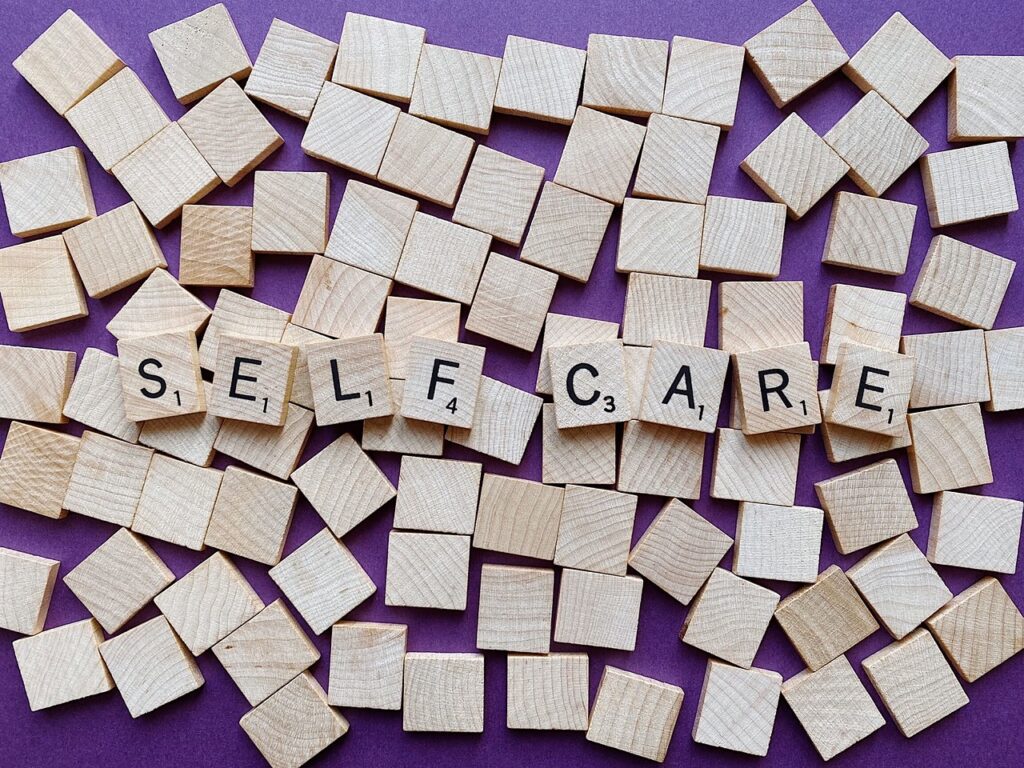Physical Address
304 North Cardinal St.
Dorchester Center, MA 02124
Physical Address
304 North Cardinal St.
Dorchester Center, MA 02124

Meta description: Struggling with low self-esteem? Discover practical tips, actionable exercises, and expert advice to boost your confidence and build unshakeable self-worth. Learn how to overcome negative thoughts, cultivate a positive self-image, and unlock your full potential. (This version includes keywords like “low self-esteem,” “confidence,” and “self-worth” for better search visibility.)
Self-esteem. It’s the quiet voice within that whispers “I can” or “I can’t.” It’s the foundation upon which we build our lives, influencing everything from our relationships and career choices to our overall happiness and well-being. A healthy sense of self-esteem, that deep-seated belief in our own worth and capabilities, empowers us to take risks, pursue our passions, and navigate life’s challenges with resilience. When we value ourselves, we’re more likely to set healthy boundaries, attract positive relationships, and achieve our full potential. But what happens when that inner voice is critical and self-doubting? Low self-esteem can hold us back, creating a cycle of insecurity, fear, and missed opportunities. It can leave us feeling unworthy, anxious, and trapped in a pattern of negative thinking. If you’re ready to break free from the shackles of low self-esteem and cultivate a stronger, more confident you, you’ve come to the right place. This article will provide you with practical tips, actionable exercises, and expert insights to help you build unshakeable self-worth and unlock the fulfilling life you deserve.
What is self-esteem and why is it important?
Self-esteem is the subjective evaluation we make of our own worth. It’s the overall sense of value and acceptance we have towards ourselves. It’s not just a fleeting feeling; it’s a deeply ingrained attitude that shapes our perceptions, behaviors, and ultimately, our lives. Self-esteem encompasses your thoughts (e.g., “I am capable,” “I am worthy”), feelings (e.g., pride, shame, confidence), and beliefs about your abilities, qualities, and overall character. It’s how you answer the fundamental question: “Do I like and accept myself?”
Factors that Influence Self-Esteem:
Self-esteem doesn’t develop in isolation. It’s a product of the complex interplay between internal and external factors. Many factors can influence self-esteem, including:

Practical Tips to Build Strong Self-Esteem:
Exercises to improve self-esteem
Why is it Important to Know Our Values?
Knowing your personal values is an essential process in personal development and in building an authentic and fulfilling life. Values are the fundamental principles that guide our decisions, actions, and behavior. They represent what is important to us, what we value most in life. When we are aware of our values, we can make decisions that are more aligned with our authentic selves, we can set goals that bring us long-term satisfaction, and we can build deeper and more meaningful relationships.
Here are some reasons why it is important to know our values:

How Can We Identify Our Values?
Identifying personal values is a process that requires time and reflection. Here are some questions you can use to guide you in this process:
You can also reflect on past experiences that brought you satisfaction or, conversely, frustration. This can help you identify the values that are important to you.
Conclusion:
Building strong self-esteem is a journey, not a destination. It’s an ongoing process of growth and personal development, with its share of ups and downs. Don’t expect overnight results. Be patient and compassionate with yourself as you work towards developing a more positive self-image. There will be days when you feel more confident, and others when self-doubt creeps back in. That’s perfectly normal. The important thing is to not give up and to continue applying the tips and exercises that help you. Remember that you are a valuable person, worthy of love and happiness. Never let anyone, including your own inner critic, convince you otherwise. Invest in yourself, in your personal growth, and in cultivating healthy self-esteem. Every step, no matter how small, brings you closer to a more fulfilling and happier life. Don’t compare yourself to others; focus on your own progress and celebrate every achievement. You are unique and valuable, just the way you are.